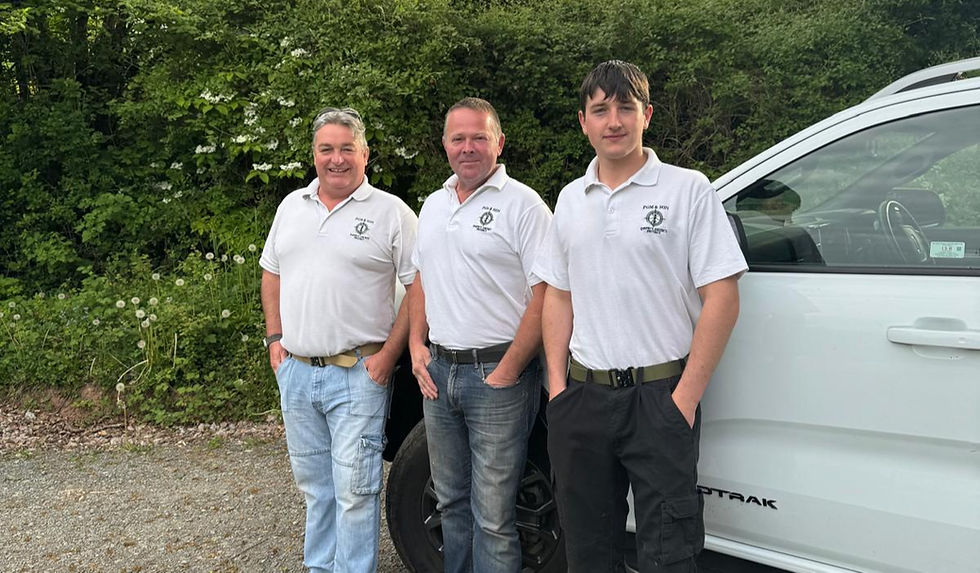Have You Got a Ladybird Problem?
- PGM & Son Pest Control

- Apr 9, 2021
- 2 min read
Updated: Oct 6, 2025

Normally, peak activity period for the Harlequin ladybird is during the Autumn but with the weather warming up recently we’ve had reports of increased ladybird numbers.
Ladybird – Lovely or Pest?
The Harlequin Ladybird is a non-indigenous species which is native to the Far East.
Originally introduced into some European countries to tackle pest insects such as aphids, the intended natural predator rapidly spread and there are increasing concerns about the impact on our native ladybird species.
Unlike most other ladybird species, the Harlequin ladybird doesn’t stick to one type of food.
Harlequin ladybirds feed primarily on aphids in crops, moving onto other ladybird eggs, larvae and even the eggs and caterpillars of moths and butterflies. The Harlequin ladybird has a raging appetite and, one of the reasons why they pose such a threat to our native ladybird is that they out compete them for food.
Harlequin ladybirds hibernate in large numbers in houses and other buildings and in some cases, tens of thousands of ladybirds have been found in homes during winter.
And, in the Spring, they look for a way out as they become active again. April to October is normally the period in which you are more likely to experience a Harlequin ladybird infestation although with the climate changing so rapidly and unpredictably, previous pest seasonal patterns are become less foreseeable.
Often Harlequin ladybirds can be found clustered around window frames and doors and although they are not harmful, they excrete a foul-smelling liquid if disturbed which may also stain fabrics and upholstery.
How To Spot a Harlequin Ladybird
The Harlequin ladybirds are extremely variable, with up to 19 black spots on a red or orange background. The head has a white triangle in the centre.
How To Stop a Harlequin Ladybird Infestation
If you find you experience regular issues with Harlequin ladybirds in your property it is a good idea to proof any entry points to help reduce the numbers entering your property.
For extensive Harlequin ladybird infestations, it is worth consulting a professional pest controller, particularly as there may also be native species present and so DIY insecticides should be considered with extreme caution.




